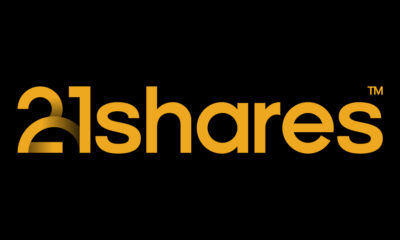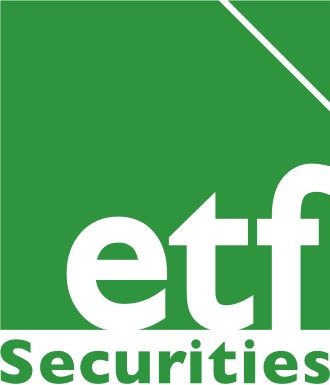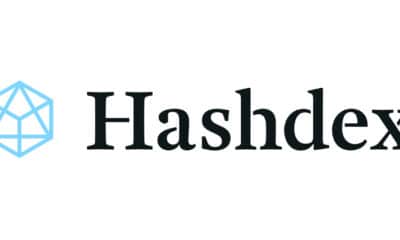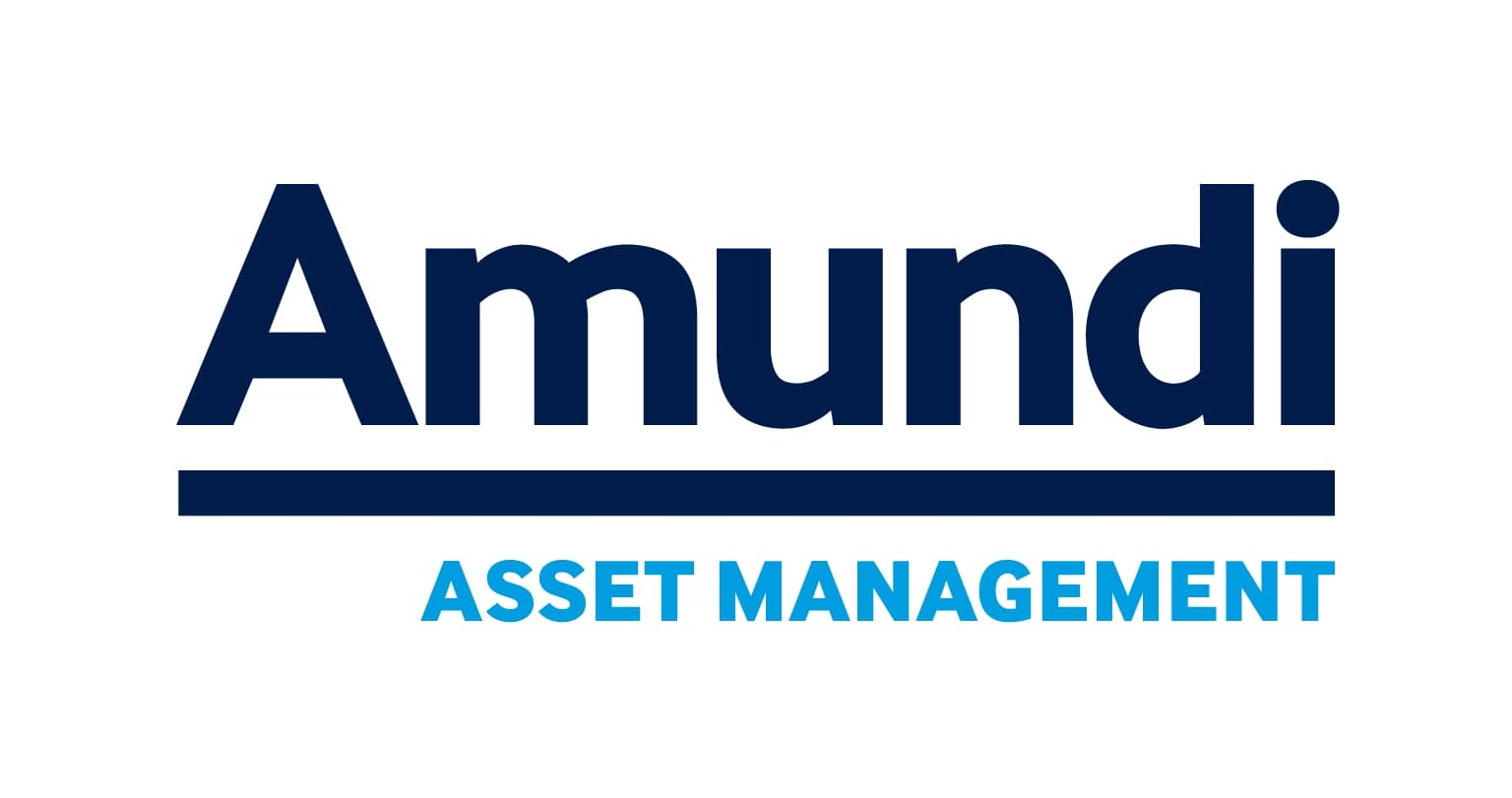ETFS Multi-Asset Weekly – Deal or no deal…stability will be restored
Highlights
Grains post strong gains.
Is correction territory a buying opportunity for China?
Swedish and Swiss central banks go on the currency war offensive.
Defensive assets are likely to benefit from the uncertainty in Greece. The ‘No’ vote in the referendum yesterday received more than 60% of votes. Failure to make progress in debt negotiations elevates the risk of a default on the €3.5bn that is owed to the ECB on 20th July. Another default would almost certainly lead to the emergency liquidity assistance (ELA) being switched off and throw Greek banking system into an untenable position. While there is near term risk of greater volatility and downside equity risk, evidence of continued growth in the Eurozone and the US should help restore stability once the initial ‘event’ risk
Commodities
Grains post strong gains. Deteriorating growing conditions and lower acreage sown for corn and wheat saw the grains sector significantly outperform the broader commodities market. While Soybeans rode the grains momentum higher despite a record crop being planted in the US. Sugar also posted solid gains as the Indian monsoon season has begun to deteriorate. Compared to historical averages, rainfall was 14% lower than normal in June, potentially threatening the crop from the world’s second largest producer. An intensification of the El Niño could further exacerbate the disruption of crops, providing further price support. Soy is the likely exception, with an El Niño assisting growing conditions in South America. Meanwhile, the first increase in the US oil rig count has prompted crude price weakness, something that could gather momentum in the weeks ahead, if, as we expect oil production remains elevated and moves higher as rigs come back online.
Equities
Is correction territory a buying opportunity for China? Further stimulus by the People’s Bank of China last week was followed up by an easing in its crackdown on margin lending for equity market investments. The sharp slide in A-shares that the changes to margin lending rules has brought about has authorities concerned and policymakers are justifiably wary over excessive volatility and the potential threat to social stability. Policymakers are attempting to smooth the transition to market transparency and financial liberalisation and will likely continue to be supportive with fresh policy measures. The continuing Greek debt crisis prompted sharp losses across most European bourses last week and in early trading this week, as the Greek government defaulted on an IMF repayment and Greek Prime Minister continued to urge citizens to vote ‘No’ at last weekend’s referendum. Citizens duly responded, with 60% of the vote. Expect more downside risk and volatility or equity markets.
Currencies
Swedish and Swiss central banks go on the currency war offensive. Currency wars continue to be waged in the background, as the Greek crisis takes the headlines. The lack of clarity surrounding the fate of Greece has given investors no respite from currency volatility. The Swedish Riksbank cut rates further into negative territory (4th cut in 2015) and coupled with additions to its QE program, is keen to keep any currency gains in check (because long end rates remain elevated). The reason long-end rates are high is because of the lack of liquidity – a problem that larger central banks pursuing QE (the Fed, the ECB and BOJ) have not had to contend with. As a consequence, another issue is that the currency has strengthened more than expected, and hampers any benefit for the local economy. We expect the Riksbank will more closely target its currency in the future, as long as its QE program remains ineffective.
For more information contact:
ETF Securities Research team
ETF Securities (UK) Limited
T +44 (0) 207 448 4336
E info@etfsecurities.com
Important Information
General
This communication has been issued and approved for the purpose of section 21 of the Financial Services and Markets Act 2000 by ETF Securities (UK) Limited (”ETFS UK”) which is authorised and regulated by the United Kingdom Financial Conduct Authority (”FCA”).

 Nyheter4 veckor sedan
Nyheter4 veckor sedan
 Nyheter3 veckor sedan
Nyheter3 veckor sedan
 Nyheter4 veckor sedan
Nyheter4 veckor sedan
 Nyheter3 veckor sedan
Nyheter3 veckor sedan
 Nyheter3 veckor sedan
Nyheter3 veckor sedan
 Nyheter2 veckor sedan
Nyheter2 veckor sedan
 Nyheter3 veckor sedan
Nyheter3 veckor sedan
 Nyheter2 veckor sedan
Nyheter2 veckor sedan























